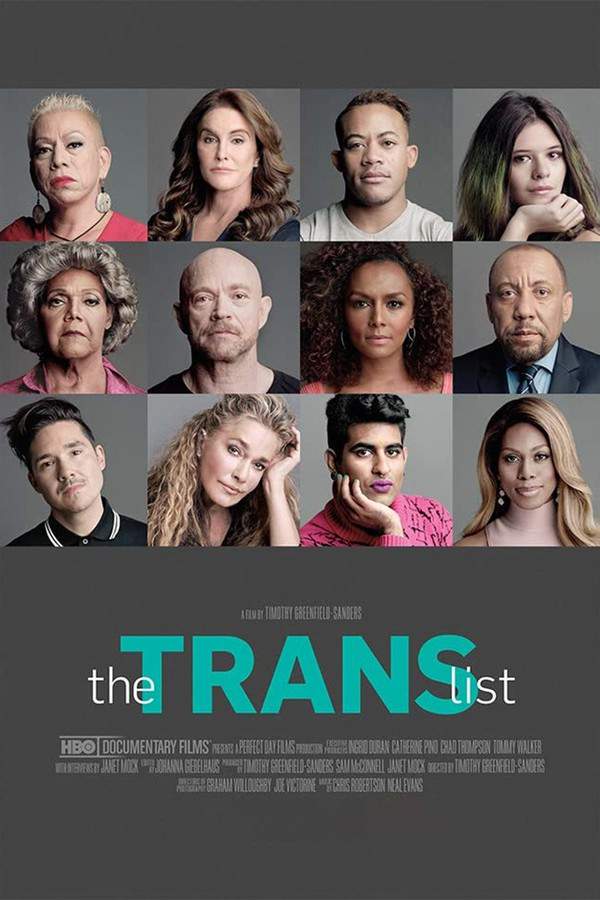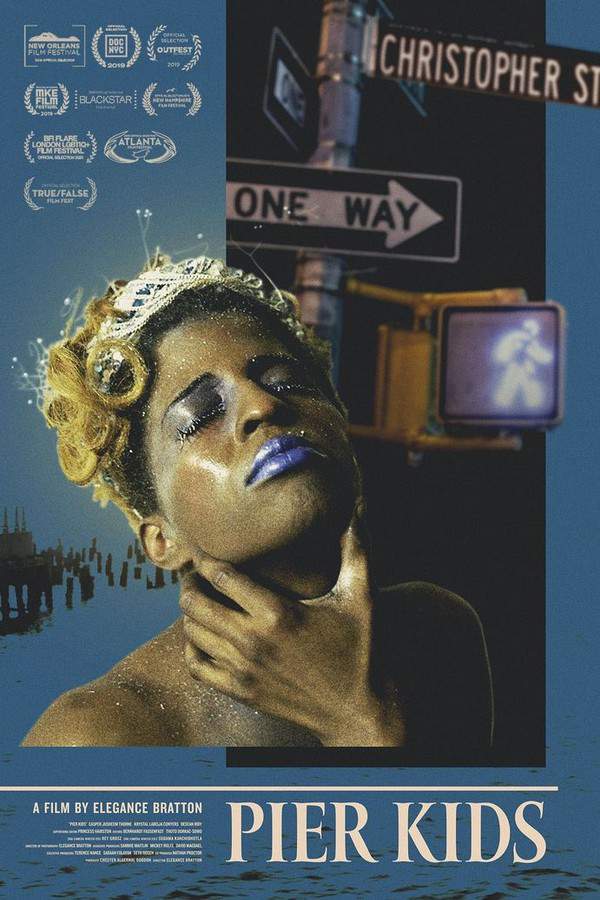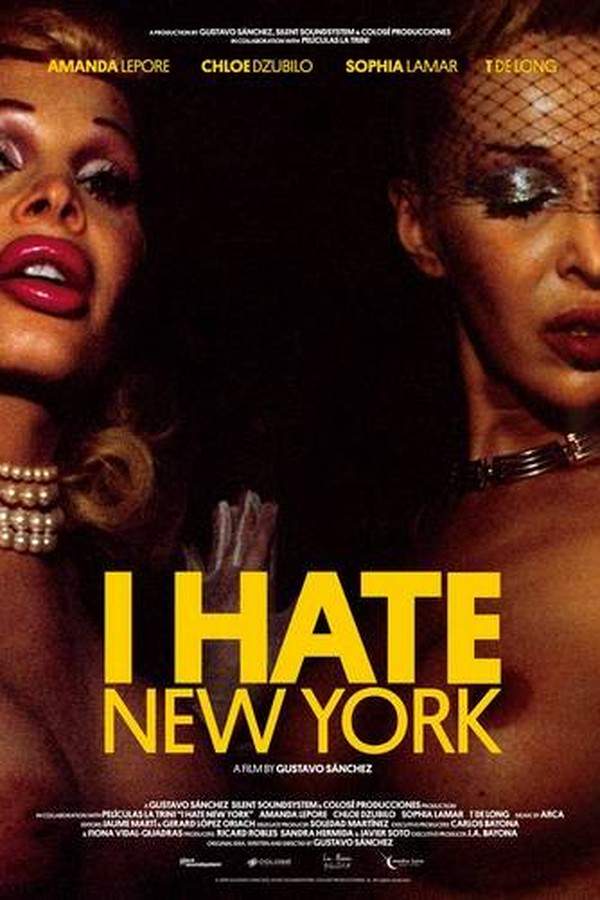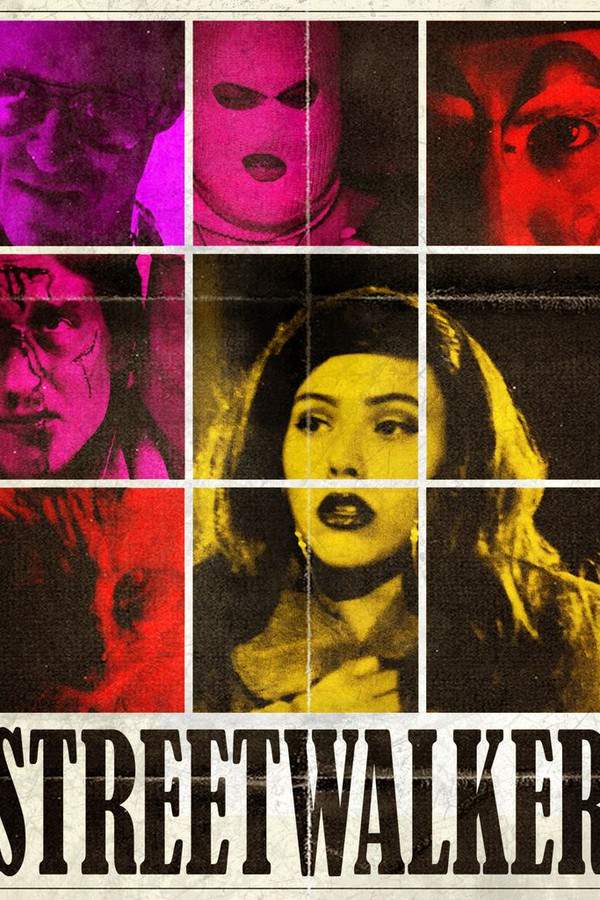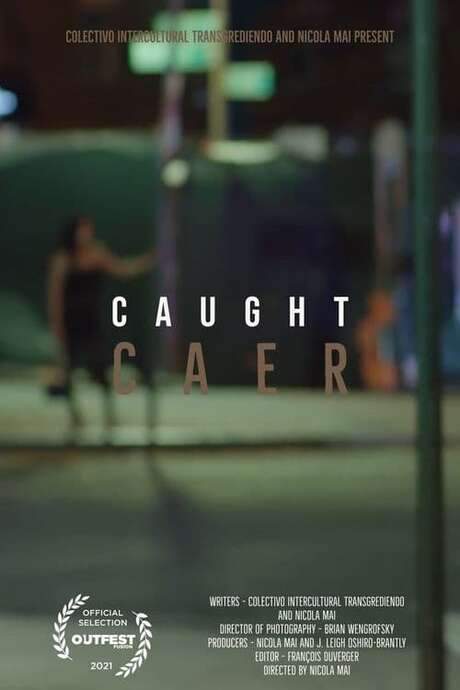The Stroll 2023
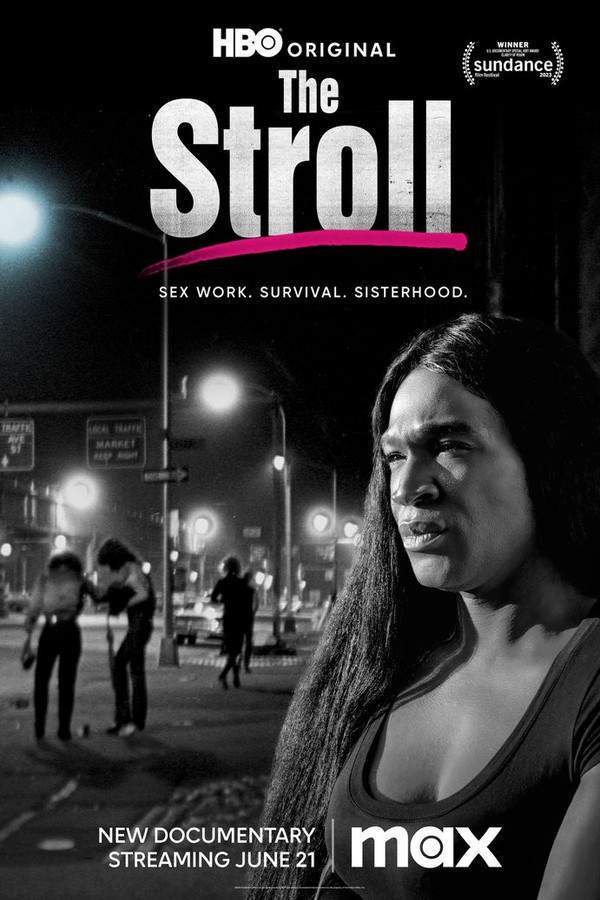
This powerful documentary explores the lives of transgender sex workers in New York City's Meatpacking District. Through their personal stories, the film sheds light on the challenges they face, including police brutality and the impact of gentrification. It reveals a courageous fight for transgender rights and highlights the resilience of a community navigating significant obstacles in a rapidly changing neighborhood.
Does The Stroll have end credit scenes?
No!
The Stroll does not have end credit scenes. You can leave when the credits roll.
Meet the Full Cast and Actors of The Stroll
Explore the complete cast of The Stroll, including both lead and supporting actors. Learn who plays each character, discover their past roles and achievements, and find out what makes this ensemble cast stand out in the world of film and television.
No actors found
External Links and Streaming Options
Discover where to watch The Stroll online, including streaming platforms, rental options, and official sources. Compare reviews, ratings, and in-depth movie information across sites like IMDb, TMDb, Wikipedia or Rotten Tomatoes.
Ratings and Reviews for The Stroll
See how The Stroll is rated across major platforms like IMDb, Metacritic, and TMDb. Compare audience scores and critic reviews to understand where The Stroll stands among top-rated movies in its genre.

The Movie Echo Score
The Stroll delivers a compelling documentary portrait of transgender sex workers in New York’s Meatpacking District, anchored by authentic testimonies and purposeful direction. Critics emphasize its technical achievement and the directors’ intimate involvement, which lend credibility and emotional weight. Viewers respond to the nuanced oral history, noting both its educational value and its capacity to elicit empathy. While a minority find parts overly broad, the consensus highlights the film’s lasting relevance, making it a noteworthy addition to contemporary documentary cinema.
The Movie Echo Score Breakdown for The Stroll

Art & Craft
In terms of direction and visual execution, the film benefits from the co‑directors’ intimate involvement, which yields clear, purposeful framing and an understated color palette. Critics note the technical achievement and raw archival footage that reinforce the narrative’s authenticity. While some viewers describe parts as slightly “pasteurized,” the overall craftsmanship remains solid and enhances the documentary’s impact. The artistic execution therefore rates strongly.

Character & Emotion
When it comes to character and emotional depth, the interviews are presented with genuine openness, allowing subjects to reveal personal fears and triumphs. Reviewers highlight the chemistry among the participants and the directors’ ability to elicit heartfelt testimony. The audience perceives a nuanced portrayal that balances hardship with humor, fostering empathy. This results in a high character rating.

Story & Flow
Regarding story and flow, the documentary structures its oral history into a coherent arc that guides viewers through a hazardous yet liberating era. Critics praise its originality in spotlighting an overlooked community, although one outlet finds it occasionally broad and detached. The pacing generally maintains engagement, with moments of measured reflection. Overall, the narrative demonstrates strong, if not flawless, cohesion.

Sensory Experience
In terms of sensory experience, the film incorporates vivid archival photographs and a restrained soundtrack that complement its visual style. Reviewers comment on the raw yet tender aesthetic, which underscores the subject matter without overwhelming it. Though some viewers note a lack of cinematic flair, the sound design and editing support the documentary’s contemplative tone. Consequently, the sensory elements are effective and earn a solid score.

Rewatch Factor
Assessing rewatch factor, the documentary’s emotional resonance and educational value encourage repeated viewings. Critics describe it as vital, timeless work that sheds light on a marginalized history, and many users found it moving and thought‑provoking. Dissenting opinions are few and largely stem from personal dislike rather than content quality. The film’s lasting appeal and capacity to inspire further discussion suggest strong rewatch potential.

76
Metascore
6.3
User Score


95%
TOMATOMETER

69%
User Score

7.2 /10
IMDb Rating

67
%
User Score

4.0
From 8 fan ratings
Take the Ultimate The Stroll Movie Quiz
Challenge your knowledge of The Stroll with this fun and interactive movie quiz. Test yourself on key plot points, iconic characters, hidden details, and memorable moments to see how well you really know the film.
The Stroll Quiz: Test your knowledge about the powerful documentary 'The Stroll'.
In which decade does Kristen Lovell recount her own journey of self-discovery?
1970s
1980s
1990s
2000s
Show hint
Full Plot Summary and Ending Explained for The Stroll
Read the complete plot summary of The Stroll, including all major events, twists, and the full ending explained in detail. Explore key characters, themes, hidden meanings, and everything you need to understand the story from beginning to end.
When Director Kristen Lovell relocated to New York City during the 1990s, she faced an unexpected upheaval after being fired from her job because of her transition. Much like numerous transgender women of color of that time, survival led her to become a sex worker in the Meatpacking District, a vibrant neighborhood in lower Manhattan. Here, trans women gathered in an area known as “The Stroll,” forming a powerful bond of camaraderie that protected them from the constant threat of harassment and violence.
In THE STROLL, Kristen brings her fellow sisters back together to share this crucial narrative of New York’s history, narrated from the perspective of the trans sex workers who lived it. Through her deeply personal storytelling and heartfelt interviews, she skillfully weaves together an impressive collection of archival footage capturing the essence of New York from the 1970s to the early 2000s.
While THE STROLL portrays the realities of transgender life, it also serves as a profound commentary on the impact of gentrification. The film highlights how, under Mayor Giuliani, the “quality of life” initiatives escalated policing, empowering affluent neighborhood activists to drive trans women out of the Meatpacking District. The narrative takes a tragic turn with the murder of Amanda Milan, one of the girls from The Stroll, which galvanized trans activist Sylvia Rivera (known for co-founding STAR – Street Transvestite Action Revolutionaries alongside Marsha P. Johnson) to lead the community in a powerful stand for their rights, marking the birth of a significant civil rights movement.
The aftermath of September 11th further altered the city’s landscape. Kristen and her sisters confronted the grim reality of potential homelessness alongside heightened police presence. In an effort to revitalize the economy, newly elected billionaire mayor Mike Bloomberg promoted luxury developments and enforced draconian “three strikes and you’re out” laws which led to increased incarceration rates. In their pursuit of urban renewal, these policies disproportionately targeted the girls of The Stroll.
In the face of these adversities, Kristen and her sisters rallied in defiance. Though they may have lost The Stroll, they emerged as central figures in a movement to safeguard their rights. Recent activist victories included the repeal of the “Walking While Trans” legislation, a law that facilitated the policing of sex workers for decades. In this newly awakened era of visibility, Kristen and her community stand tall, reminding us that trans women of color and sex workers have tirelessly forged paths for their survival. Through their unyielding resilience and solidarity, they exemplify a commitment to continue thriving against all odds.
Uncover the Details: Timeline, Characters, Themes, and Beyond!

Coming soon on iOS and Android
The Plot Explained Mobile App
From blockbusters to hidden gems — dive into movie stories anytime, anywhere. Save your favorites, discover plots faster, and never miss a twist again.
Sign up to be the first to know when we launch. Your email stays private — always.
Watch Trailers, Clips & Behind-the-Scenes for The Stroll
Watch official trailers, exclusive clips, cast interviews, and behind-the-scenes footage from The Stroll. Dive deeper into the making of the film, its standout moments, and key production insights.
The Stroll Themes and Keywords
Discover the central themes, ideas, and keywords that define the movie’s story, tone, and message. Analyze the film’s deeper meanings, genre influences, and recurring concepts.
The Stroll Other Names and Titles
Explore the various alternative titles, translations, and other names used for The Stroll across different regions and languages. Understand how the film is marketed and recognized worldwide.
Similar Movies To The Stroll You Should Know About
Browse a curated list of movies similar in genre, tone, characters, or story structure. Discover new titles like the one you're watching, perfect for fans of related plots, vibes, or cinematic styles.
Quick Links: Summary, Cast, Ratings, More

What's After the Movie?
Not sure whether to stay after the credits? Find out!
Explore Our Movie Platform
New Movie Releases (2025)
Famous Movie Actors
Top Film Production Studios
Movie Plot Summaries & Endings
Major Movie Awards & Winners
Best Concert Films & Music Documentaries
Movie Collections and Curated Lists
© 2025 What's After the Movie. All rights reserved.











